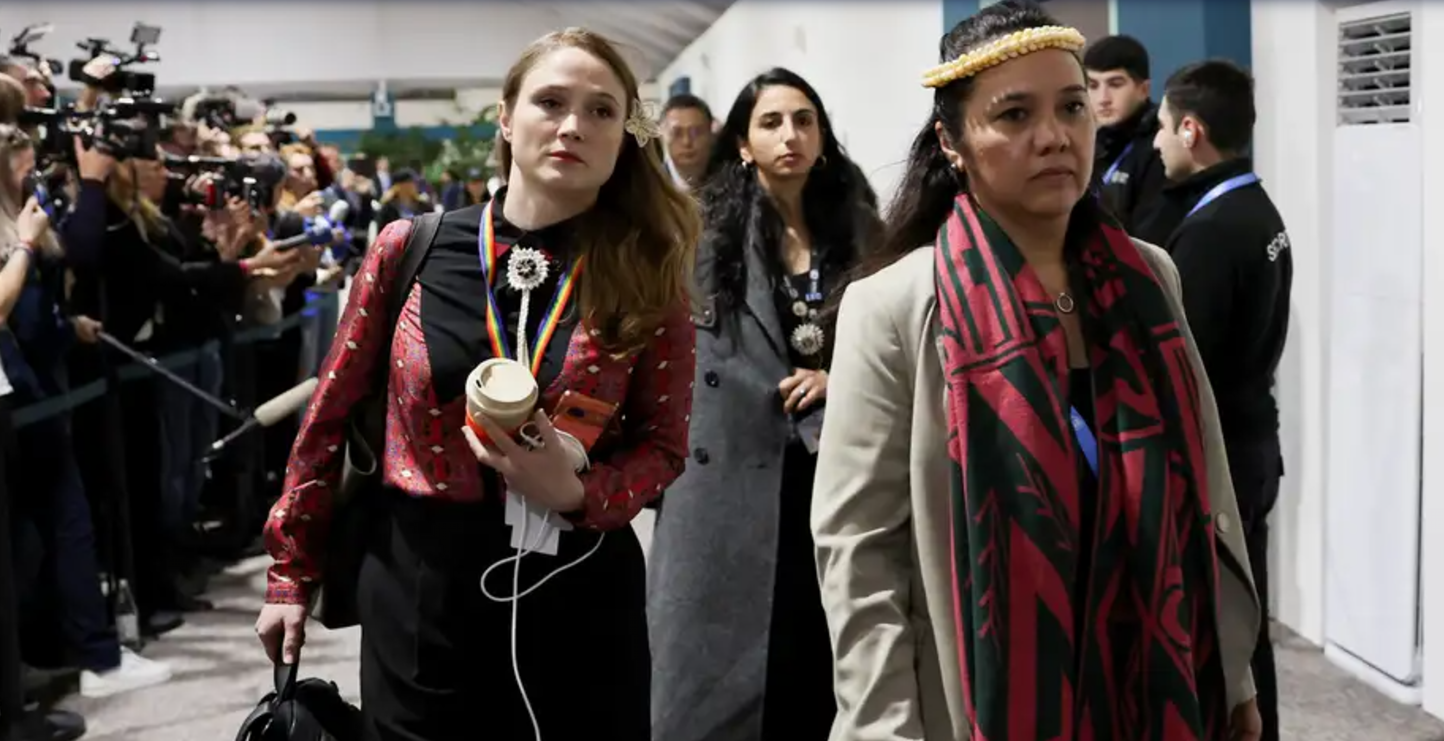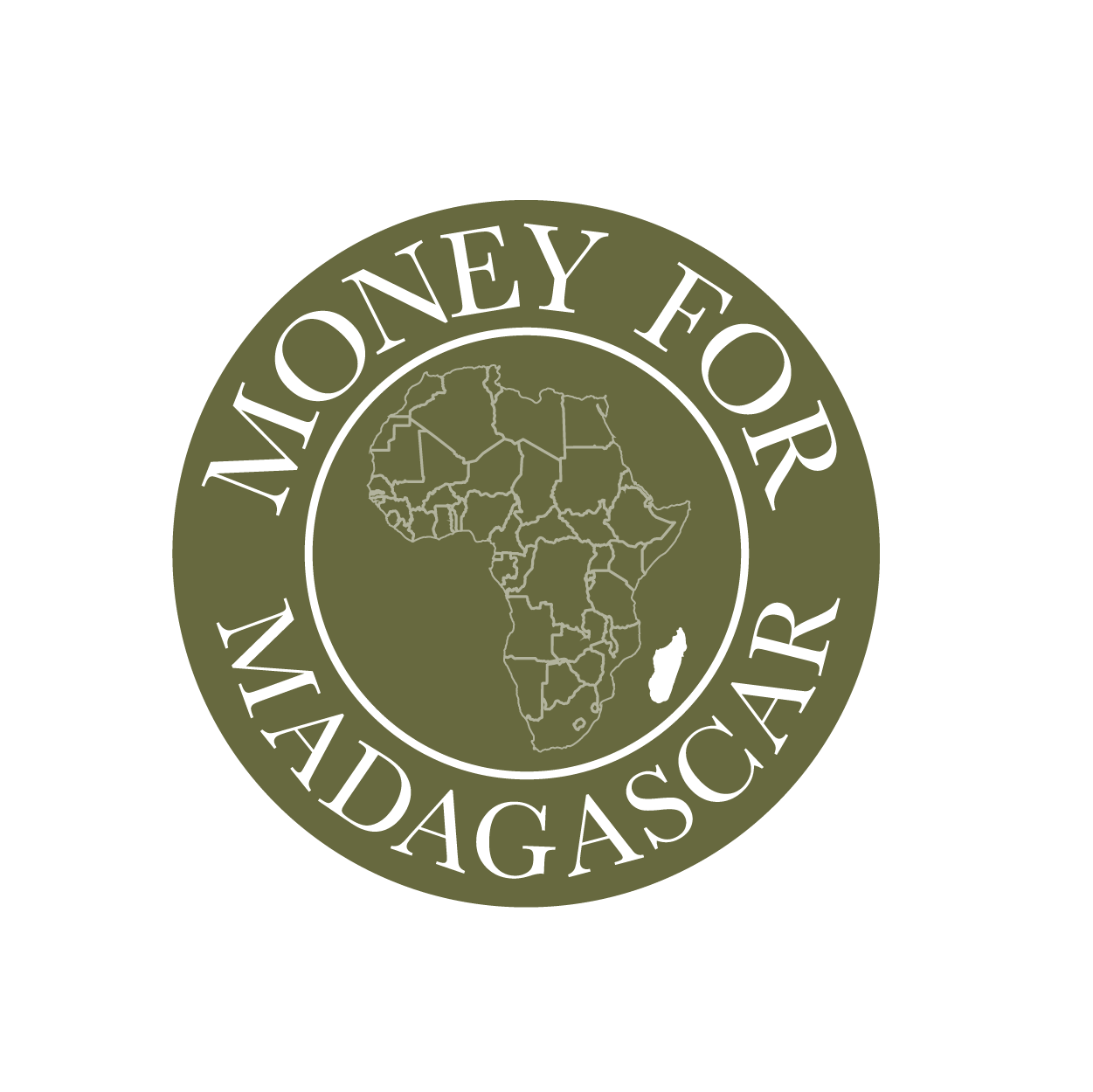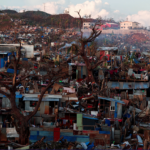
Early yesterday morning (Sunday 24th November) COP 29 came to a close after a fraught final, extra, day.
The climate conference was due to finish on Friday (22nd November) but spilled into Saturday and then Sunday morning, as negotiations over a new deal to help the world’s poorest countries deal with climate catastrophe threatened to end without agreement.
Late on Saturday, delegations from the Alliance of Small Island States (AOSIS) and of the Least Developed Countries (LDCs), the latter including Madagascar, walked-out in protest at what they saw as broken promises from the world’s ‘most developed’ nations.
Before the conference, representatives from the world’s wealthiest nations indicated that of the $2.4trn (£1.84tn) per year needed by the world’s poorest countries to counteract the worst impacts of climate change, ‘developed’ states would provide $1.3tn.
They said governments would provide $500bn per year, and the rest would come from ‘loans and the private sector’. Developing nations countered that this would massively increase their debt and interest payments, (on top of the $1.1trn per year they would already have to find) and there was no guarantee the private sector would provide such funds, especially in the world’s current economic situation.
They requested $600bn per year instead. But in Friday’s session, an even worse offer was tabled by the world’s wealthy states: they said they would provide just $250bn per year. The AOSIS and LDC nations’ delegations walked out, arguing that their perspective had not even been heard.
In the event, a ‘deal’ of sorts was struck, but one in which the world’s richest countries will provide just $300bn per year, with $1trn to be provided by the private sector and from loans. This is clearly far from what is needed by, or indeed fair for states like Madagascar, which feel they are being asked to spend money they don’t have to counter a problem they largely did not cause (Madagascar in fact removes more carbon from the atmosphere than it emits) and which is at present disproportionately harming them.
An agreement was at least reached. But we at MfM work hard, with your help, and alongside Malagasy people, to help them improve their lives and protect their environment. It is extremely clear that we – you, MfM and Malagasy people – cannot do this alone. Neither can we be expected to single-handedly defeat climate catastrophe for the rest of the world.
We respectfully ask that governments of ‘developed nations’ recognise this, and work harder to find ways, including money, to do far more to help countries with less money, less responsibility for the threat to lives and livelihoods posed by climate catastrophe, and which are already experiencing some of its worst impacts. If not for ‘their’ sake, then for the sake of the environment and civilisation in which we all live, and upon which we all rely. https://moneyformadagascar.org/what-we-do/who-we-help/


 English
English

